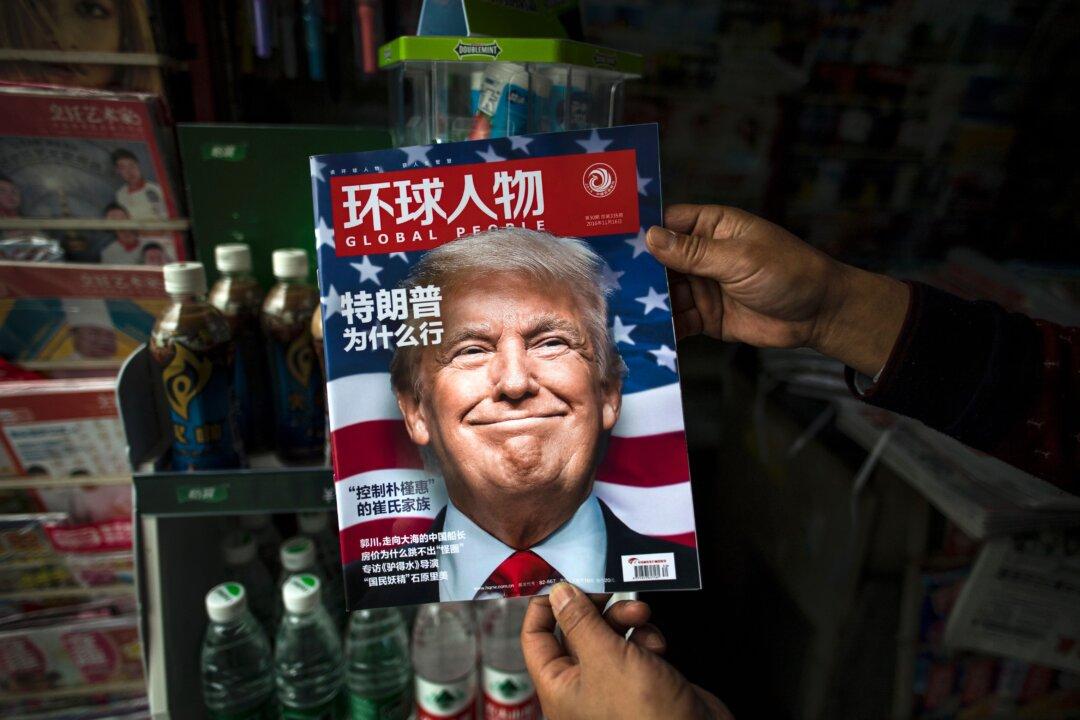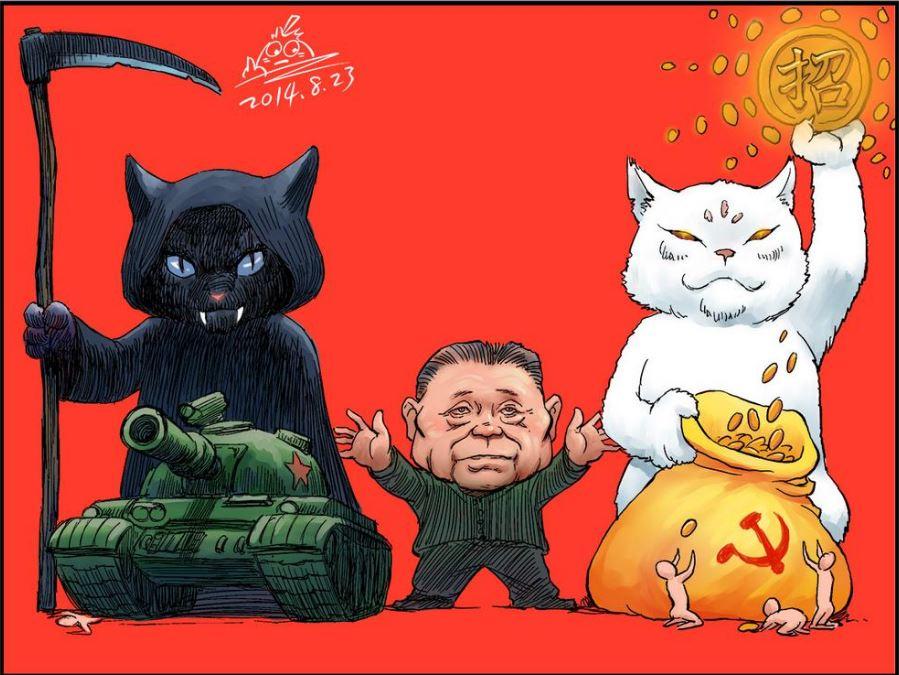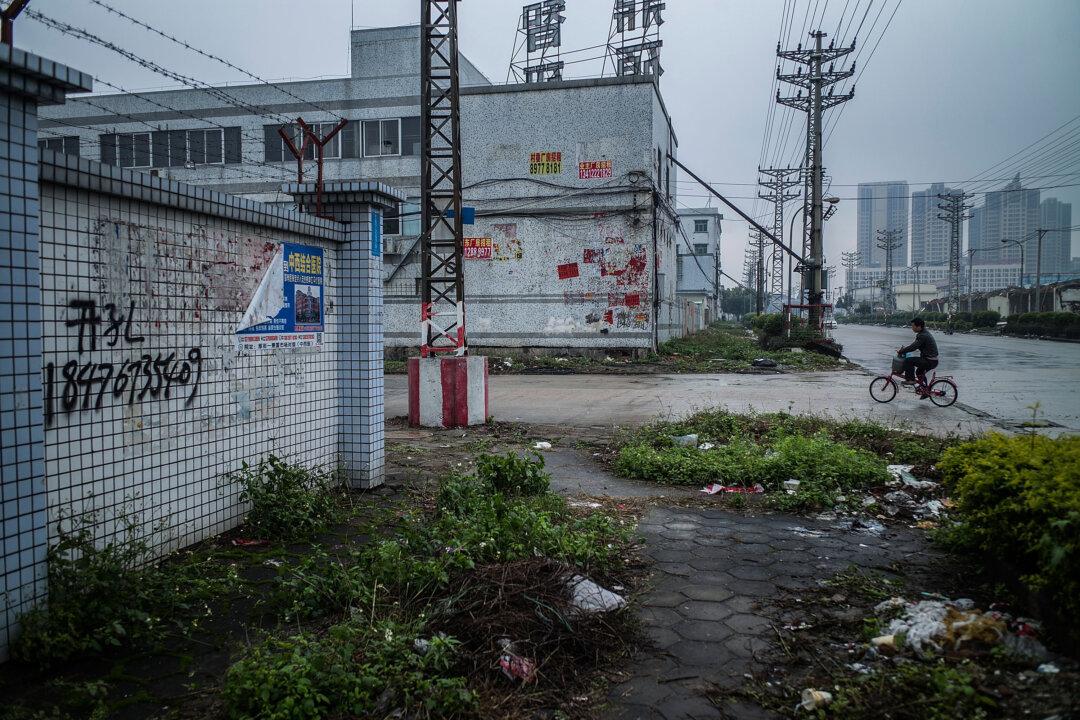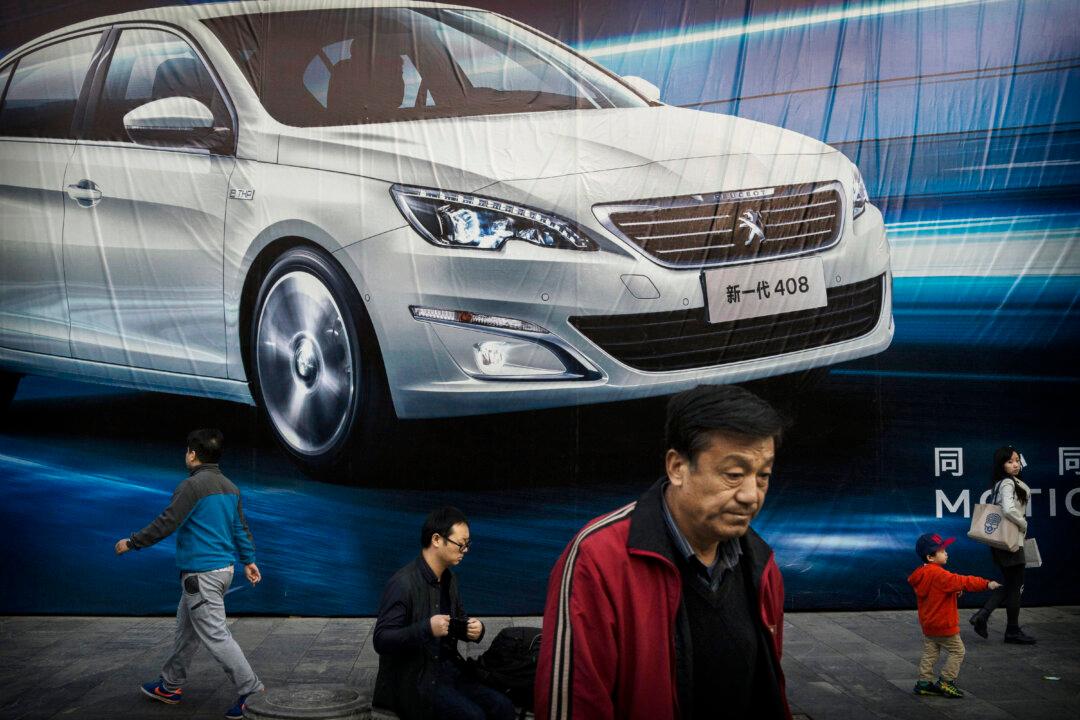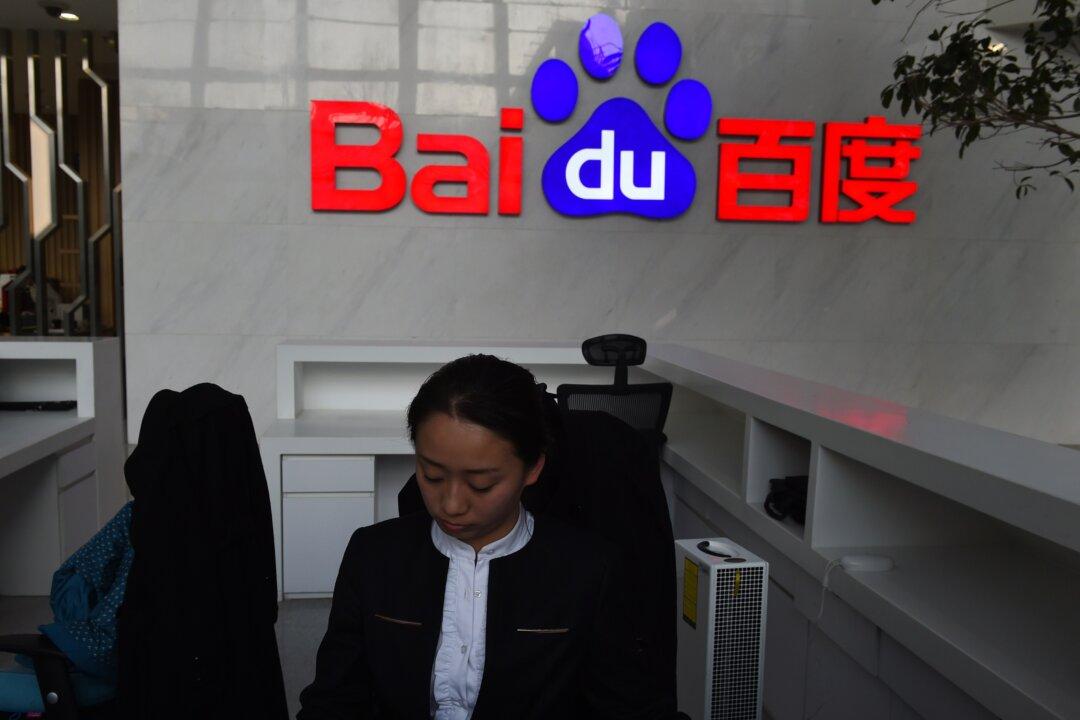Donald J. Trump came to power in the recent U.S. election with promises of “Making America Great Again,” a pitch which in good part vowed to get tough on countries like China. China, Trump said, “is killing us” on trade — and he suggested slapping a 45 percent tariff on Chinese imports in response. Whether or not he follows through, increased pressure on China might actually help push forward domestic reforms that help China generate more internal economic demand — and that would be a very good thing indeed.
Trade Protectionism
Trump’s two main economic policies, as declared in his campaign speeches, would be a return to trade protectionism and the development of domestic infrastructure projects and manufacturing.
Why would the United States return to trade protectionism? Because the United States has a large trade deficit. Take Sino-U.S. trade for example. The United States is China’s largest export market and has had an average trade deficit of $100 billion with China over the past 30 years. To balance this trade deficit, the United States will want to reduce imports from China and increase exports to China. The basic method of achieving this goal will be to impose tariffs on imported goods—up to 45 percent, according to Trump.
This will likely lead to China retaliating with double tariffs on U.S. exports to China. However, most of China’s exports to the United States are consumer goods that can be easily substituted, while U.S. exports to China are mostly high tech items that cannot be substituted so easily. Therefore, a trade war between the two countries isn’t good for either side, but it is clear that China’s economic losses would be greater.
In fact, China’s economy over the past three decades, especially after joining the WTO, has benefited greatly from the opening of the U.S. market to China. Because of the abandonment of trade protectionism and the promotion of global economic integration by the United States, China enjoyed a huge economic growth dividend. A considerable portion of China’s massive foreign exchange reserves have come from the huge trade surplus between China and the United States.
China Facing Economic Uncertainty
If the U.S. returns to trade protectionism, what will be the impact on China’s economy?
First of all, China’s export situation will become more desperate as China’s export share to the United States will be significantly reduced. Therefore, China’s export enterprises need to plan for such an eventuality as soon as possible. A realistic foreign trade strategy would be to look for opportunities to increase exports to emerging countries and regions, such as Africa, South America, India, and Southeast Asia.
Secondly, the Chinese RMB exchange rate will inevitably come under new devaluation pressure. If the Sino-U.S. trade deficit balances, or reverses, the RMB value against the U.S. dollar will face a more serious test. We should not underestimate this situation.
Thirdly, domestic asset prices, especially large commodity prices and real estate, will face a new threats. With the RMB exchange rate going down, large-scale depreciation of commodity valuation can be expected.
What Will China Do?
China needs to take care of its own domestic affairs and focus on development of its domestic market and domestic demand. The most important economic policy would be to cut taxes for small and medium-sized enterprises and boost the income of the middle class and the poor.
China has a huge domestic market with a population of nearly 1.4 billion. Why then have we been relying on the U.S. consumer market for so long? The main reason is extreme social polarization between rich and poor. Nearly one billion Chinese people lack sufficient income to help raise domestic consumption. This is the most fundamental issue hindering China’s economic growth. At the same time, it is also the most promising prospect for China’s future economic development.
Fan Di is an independent economist and part-time professor of Peking University and Sun Yat-sen University. He obtained a Ph.D. at the University of California, Berkeley, supervised by Li Yining of Peking University and Nobel Prize winner George Arthur Akerlof. Fan has been a senior executive and consultant at major banks, financial firms, and large companies. This is an abridged translation of an article posted on his public WeChat account.
